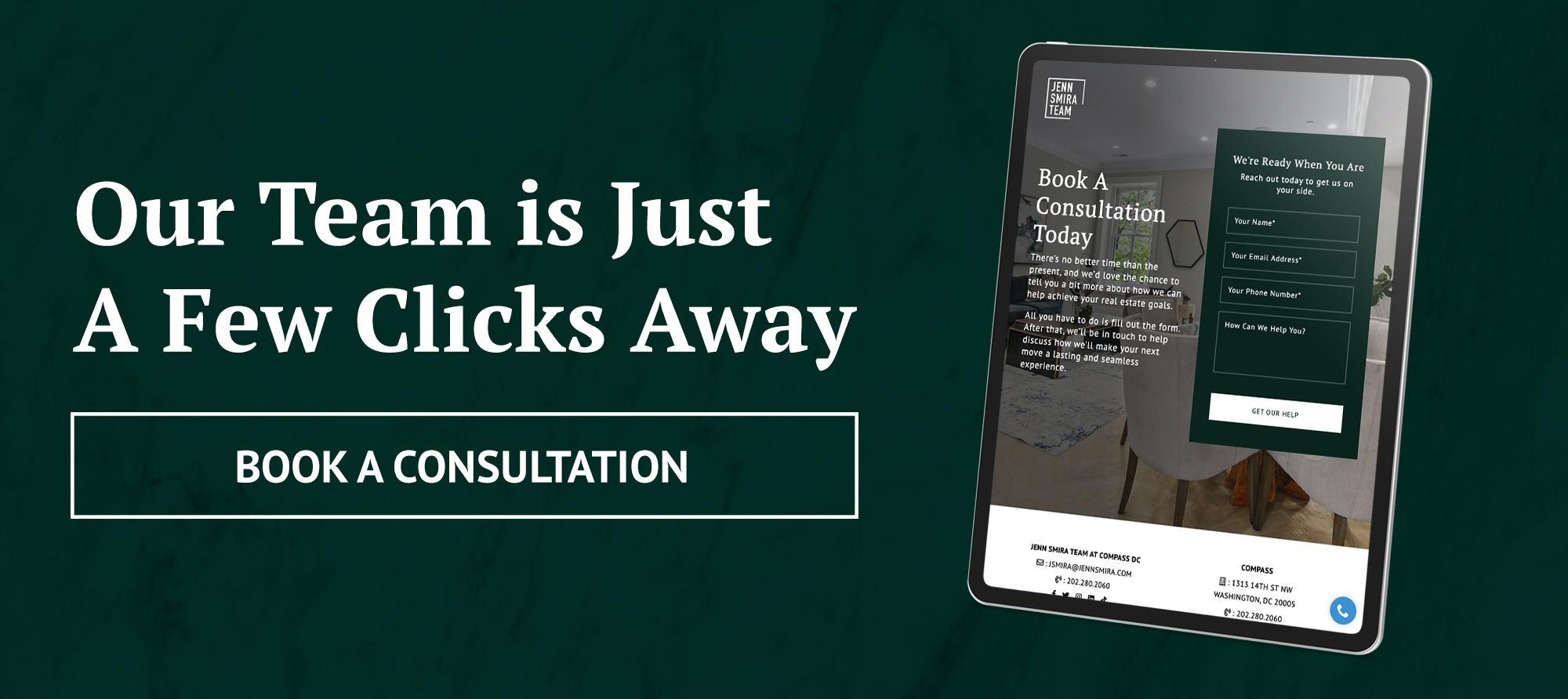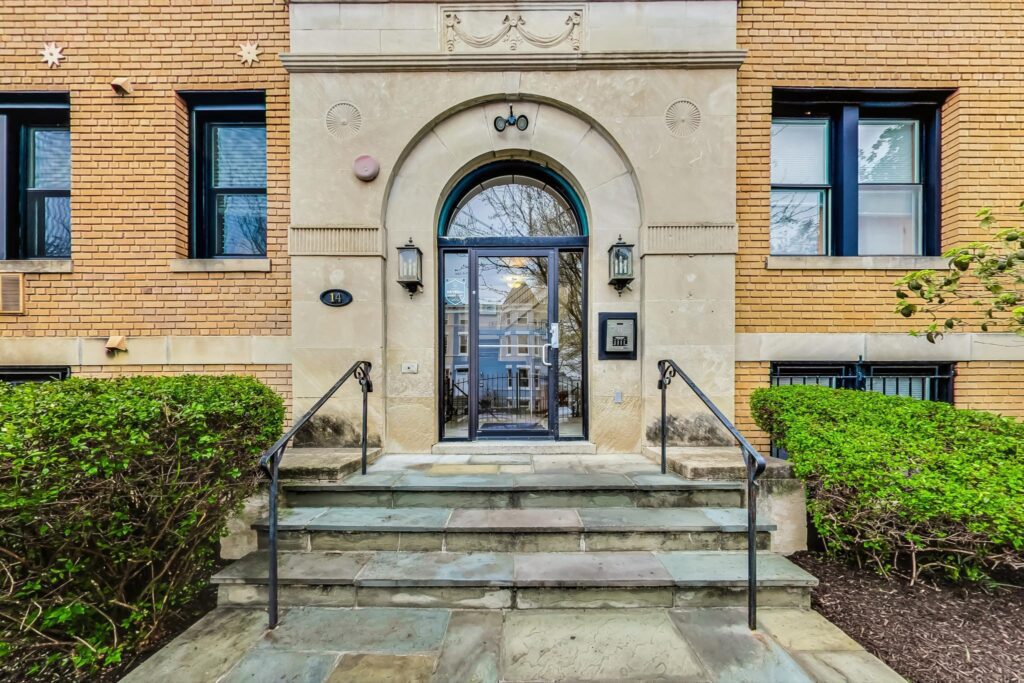
Everything To Know About Mortgages Today
Buying
While it might sound intimidating, a mortgage is simply a financial transaction. It’s a promise — with official documentation and government regulations, of course — that you will repay a large debt over time. Although some people would say that the mortgage process can be a headache, these loans can make owning your dream home possible.
Keep reading for everything you need to know about mortgages today!
First Things First…What Are Mortgage Rates?
Simply put, a mortgage rate is the interest charged on a mortgage loan. Mortgage rates are changing constantly based on market conditions.
What market conditions, you ask? It could be anything from the economy to the characteristics of the housing market to the federal monetary policy. However, your individual financial health will also affect the interest rate you get on your loan. And while understanding what affects interest rates as a whole may be challenging, understanding how they affect you is simple.
Think about it this way: The lower your interest rate, the cheaper your loan will be. If you are aiming to get the lowest interest rate, you should think about the type of loan you’ll use, your qualifying factors, and the condition of the market.
At the end of the day, if you have a strong financial profile, your loan will cost you less. So if you want to have a lower rate, you should increase your credit score, lower your debt, and save a healthy down payment — to name just a few.
➤ Are you planning on buying a home in the near future? Here are a few more blogs to help you get started:
- What to Know Before Buying a Home in DC
- How to Navigate DC’s Low Inventory Market
- A Guide to Financing for the First-Time Home Buyer
What Is APR?
Even though the annual percentage rate (APR) is calculated as a rate, it is different from your loan’s interest rate. The annual percentage rate is the overall cost of a mortgage, including interest, closing costs, and other associated fees over the lifetime of the loan.
Pre-Qualification VS Pre-Approval
Pre-qualification is when a bank or lender will ask you to provide them with a current snapshot of your financial health. This is going to include your credit, score, debt, income, and assets. Once the lender reviews your financial standing, they give you an estimate of the amount you can borrow.
Pre-approval, on the other hand, is the definitive answer in demonstrating your creditworthiness. Pre-approval is also the next step after pre-qualification. There is so much more that goes into getting pre-approved, and because of this, it carries more authority.
To get pre-approved, you’ll need to fill out an official mortgage application, and you must provide your mortgage lender with the required documentation so they can conduct a complete check on your financial history and current credit scores. Your lender will be able to pre-approve you for a specified mortgage amount after reviewing your overall financial health. Another benefit of pre-approval? You’ll have a much better idea of the interest rate that will be applied.
Browse through our featured listings right here and see what’s currently available in the DC housing market.
Types of Mortgages
Conventional: A conventional mortgage is a mortgage product that follows conforming guidelines and is not guaranteed or insured by a government organization. Conventional home loans are available through individual lenders and may be sold to the two government-sponsored enterprises, Fannie Mae, or Freddie Mac.
Adjustable: While an adjustable-rate mortgage (ARM) allows you to secure your loan with a lower interest rate, you risk your rate going up after a few years in the process. ARM loans typically come with 5/1 or 7/1 terms. This means that after five or seven years, your interest rate may change according to the market at that time. These types of mortgages can be great for short-term home purchases, but are risky nonetheless.
Fixed-Rate: Fixed-rate mortgages offer a fixed payment over time and usually come with 15 or 30-year loan terms. The interest rate is fixed for the life of the loan and won’t change. Even so, a majority of homebuyers want the security of a consistent payment, so they choose to go with fixed-rate mortgages to lock in that assurance.
Ready to get started or seeking more mortgage insights? Our experienced team is just a few clicks away. Book a consultation with us right here.



